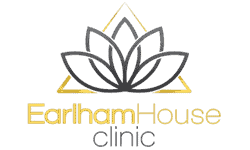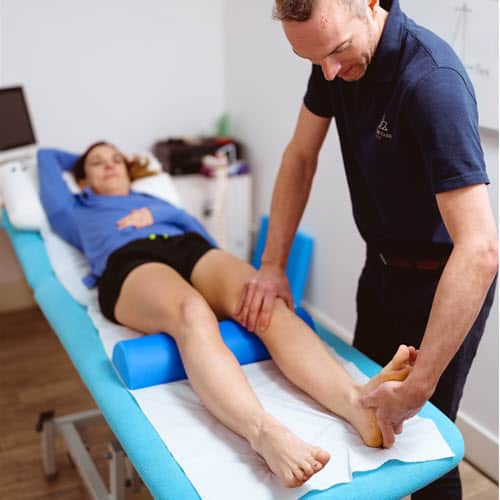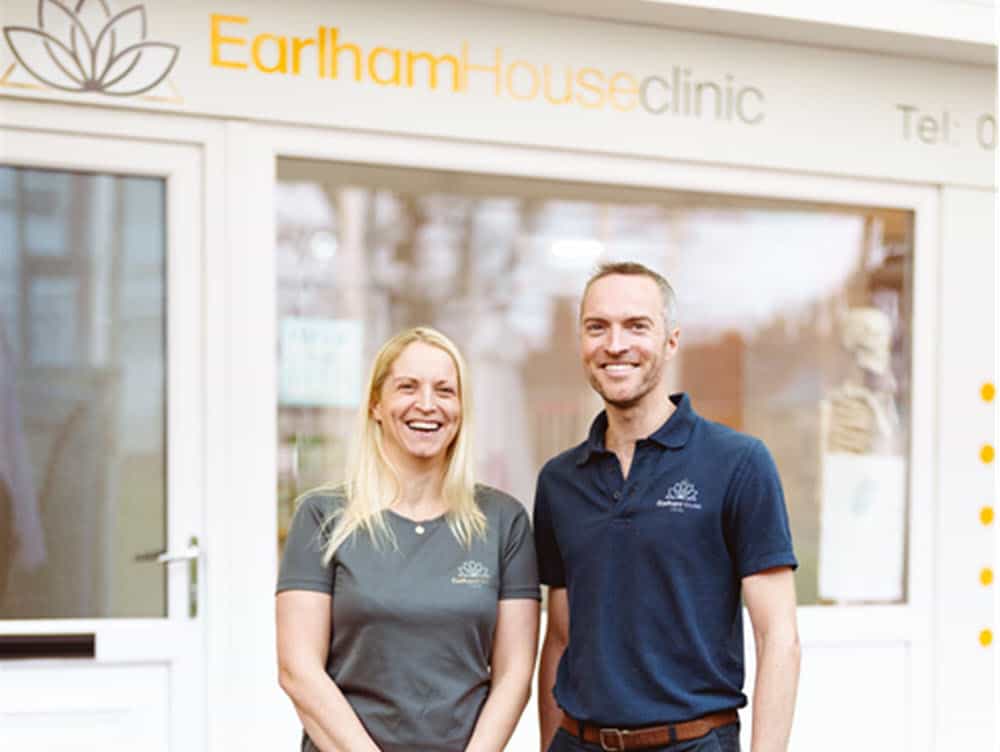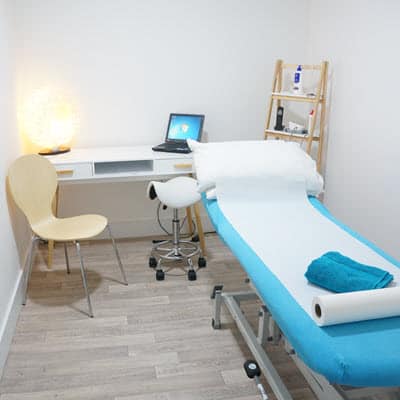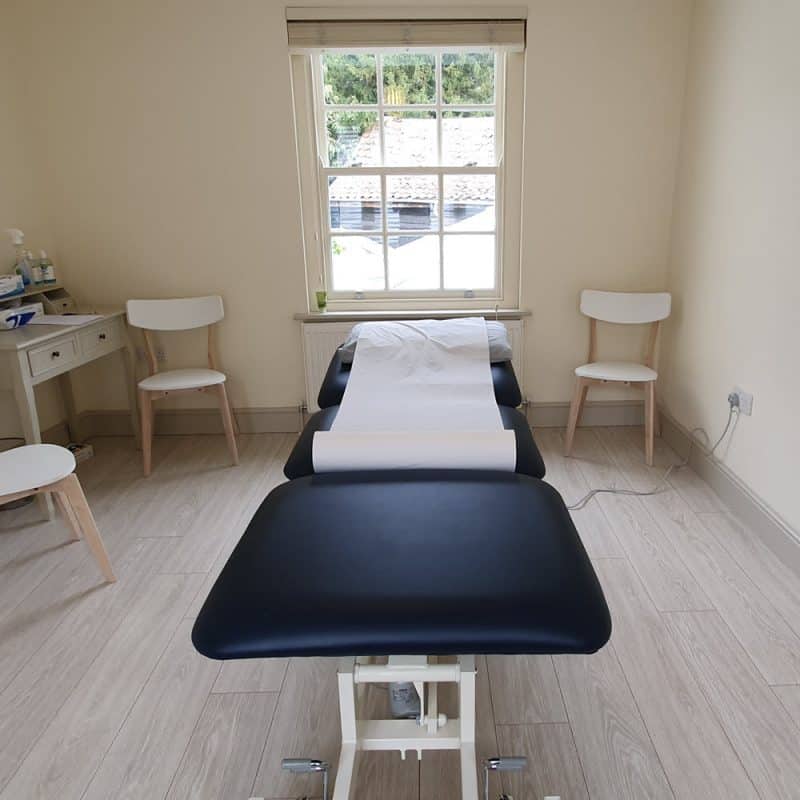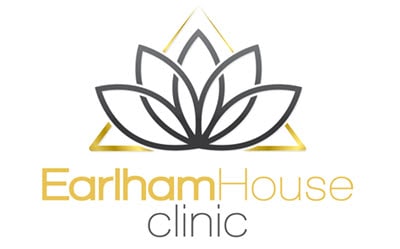Defrost Programme for Frozen Shoulder and other Shoulder Complaints
Are you unable to perform simple daily tasks like washing your hair or driving?
Finding it difficult to raise your arm and put a coat on?
Is your shoulder so painful it wakes you in the night?
Is your pain medication not really working to ease your shoulder?
Frozen shoulder can be a very painful condition
Frozen shoulder or adhesive capsulitis is a condition that causes tissues to tighten around the shoulder joint and become inflamed. It often caused by a shoulder injury.
We have specialist interest in the treatment and rehabilitation of FROZEN SHOULDER at our Earlham House Pain and Injury Clinics in Norfolk. Our team of specialist osteopaths offer specialist shoulder release sessions to treat the pain and get you better fast.
“I have a life again”
Been seeing Rachel for a few months now, before I started treatment I was in so much pain after work I’d cry at the thought of getting out the car and putting pressure on my feet, sometimes sleep in the car so I didn’t have to get out… But after seeing Rachel I have a life again and sometimes forget I even have foot problems.
Cause for Shoulder Pain
![]() Frozen Shoulder
Frozen Shoulder![]() Impingement Syndrome
Impingement Syndrome![]() Painful Arc Syndrome
Painful Arc Syndrome![]() Rotator Cuff strains and tears
Rotator Cuff strains and tears![]() Arthritic Shoulder
Arthritic Shoulder
Many of these conditions have a similar pain pattern. We can help you to accurately diagnose your condition and advise you on on whether Osteopathic treatment and exercises are appropriate in your case.
In addition to the current tested treatment pathways we use the Neil-Asher technique for treating frozen shoulders. This is a non invasive way of treating this painful condition that reduces pain and increases movement without forcing the shoulder joint.
A study at Addenbrooks Hospital showed the Neil Asher technique to have an 85% success rate in reducing pain and increasing movement in this debilitating condition.
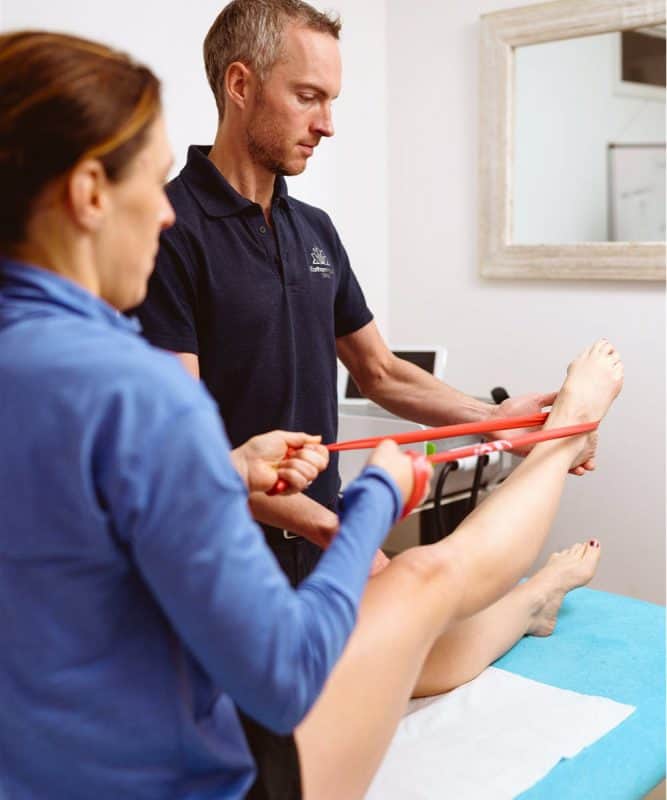
Initial Structural Shoulder Relief Consultation
We use this procedure for all Shoulder Conditions
First one of our specialist osteopaths will examine you to discover what’s causing your shoulder pain. In a lot of cases people who think they have Frozen Shoulder actually have a different type of condition. We need to be clear what the underlying cause is to formulate the correct treatment and rehabilitation plan for you.
Then, if we diagnose a Frozen Shoulder we will then explain the treatment pathways available for you.
Providing we are confident our treatment will help, in this session you will:
- Learn the most important self-management techniques to help ease the shoulder discomfort and how to apply them.
- Receive a personalised plan to help you get pain free fast.
- Receive a specialist treatment from our practitioner to help you gain relief and end your frustrating battle with shoulder pain.
- Leave with clarity and certainty about how you can get back to health quickly.
At each visit we take measurements of your range of movement so that we can assess your progress accurately. A large part of the healing process is ensuring that you do the correct movements and exercises for the stage that you are in. We will advise you on what to do when.
Occasionally we need to refer patients back to the GP for further investigations or tests. If we feel this is appropriate we will explain why. Depending on the reason for the referral treatment can usually be continued along side additional investigations.
Getting YOU back to health FASTER
“First nights full sleep”
I’ve had the first nights full sleep since I don’t know when, I have never had this sort of treatment before. It’s like a new shoulder, can’t wait for more in 2 weeks
Every patient is an individual and we will advise on the BEST TREATMENT for your pain. This may be a single treatment or a combination of different treatments.
Frozen Shoulder Treatment
Below is the pathway for Frozen Shoulder Treatment
Initial Consultation: Cost £85 (45 minutes)
Consultation includes:
- Postural assessment
- Treatment plan outlined
- Individual treatment session (Frozen Shoulder/ Taping)
- Tailored Home Exercise plan
After the initial consultation we’ll advise on the best treatment
“Very pleased”
After years of rotator cuff pain in both shoulders James has eased my discomfort considerably – it does take time & money together with daily exercises. I’m very pleased with the ongoing results.
Are you in pain?
We offer a FREE initial assessment
of your PAIN or INJURY
Let’s Get You Feeling Great Again…
Frozen Shoulder FAQ’s
What is Frozen Shoulder? How does the Neil Asher technique work? How does it differ from conventional treatments?
What is Frozen Shoulder?
Frozen shoulder means your shoulder is painful and stiff for months, sometimes years.
Frozen shoulder or adhesive capsulitis is a debilitating condition which can come on for little or no reason. The shoulder joint stiffens and becomes extremely painful. It affects between 2 and 5 % of the population. It tends to affect people mostly between the ages of 40 and 60. About 12% of people will have it in both shoulders. It is more likely to occur if you are diabetic and can sometimes occur after surgical treatment for breast cancer.
3 Stages of Frozen Shoulder:
Phase 1
The freezing stage which is very painful both in the day and at night time therefore disturbing sleep. Pain can be deep in the shoulder or on the outer arm and often there is a catching sensation on certain movements. Alongside the pain the shoulder becomes stiffer. This may last from 3 to 8 months.
Phase 2
The frozen stage where the pain is still present but usually a little less intense but the shoulder is now very restricted. So much so that personal hygiene and hair care can become a real chore. This stage may last from 4 to 12 months.
Phase 3
The thawing stage when movement is regained although not always to its previous level and the pain is diminished. This may last from 4 to 12 months.
How does the Neil Asher technique work?
Our shoulder joints rely on smooth co-ordinated movements between several muscle groups. With a frozen shoulder there is a mass of inflammation in the joint capsule and around the biceps tendon. This technique ‘fools’ the body/brain into healing itself by addressing the two main components of the problem – pain and stiffness.
Initially the technique aims to significantly reduce the pain, by treating the swelling around various shoulder tendons (especially the biceps tendon).
Following this, the technique moves on to improve the range of shoulder motion by stimulating a unique sequence of reflexes hidden within the muscles. By using a series of massage and joint movements that trigger reflex responses in a specific order to give the brain feedback to reset the signals to the shoulder muscles to allow them to co-ordinate and function more normally again.
How does it differ from conventional treatments?
Conventional treatment is usually anti inflammatories, physical therapy to decrease muscle spasm and trying to push the shoulder into a greater range of movement. The next step is cortisone injections and if this fails in persistent cases manipulation under anesthetic may be suggested. This is not always successful and is usually a last resort.
We do not force the arm; instead you keep it still whilst we apply the pressure, our treatment can still be painful, especially in the early freezing phase, but it is no worse than the pain of the frozen shoulder. Depending how long you have had the problem and which phase you are in, results can be seen in as few as 4 sessions (range 4 –13). The results can be dramatic and fast and the method is ‘totally natural’.
We believe it should be the first line of treatment before injections and or surgery.
